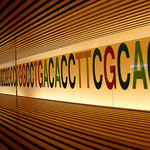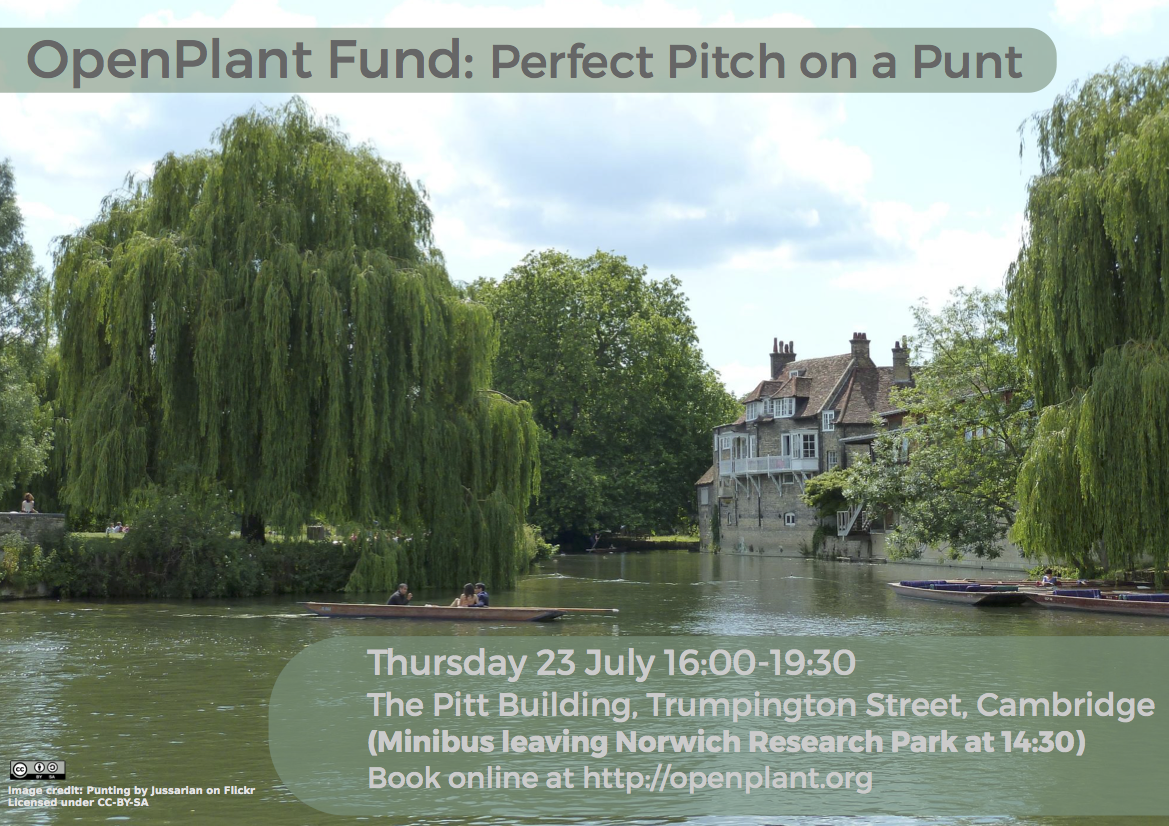 Synthetic Biology UK 2015: Think, develop, measure, make
1—3 September 2015
Charles Darwin House, London, UK
More info
Synthetic Biology UK 2015: Think, develop, measure, make
1—3 September 2015
Charles Darwin House, London, UK
More info
Synthetic Biology is a field that has rapidly expanded. It relies on multidisciplinary approaches and delivers transdisciplinary advances that have the potential to redefine our understanding of the natural world and to significantly contribute to our society and economy.
The UK is a world leader in science and engineering, and Synthetic Biology has been identified as an important area for our continued success. Key to that success is a cohesive, vibrant and multidisciplinary community, open to collaboration, open to advances and driven to exceptional research with meaningful outcomes.
That cannot be delivered by a single research centre, single funding body or hosted by a single learned society.
The SynBio UK conference aims to showcase UK Synthetic Biology research and to create a focal point for the community, embracing its diversity and fostering its growth and its engagement with society.
Under the themes of Making, Measuring, Thinking and Developing, the aim of the conference is to bring together the Synthetic Biology community in all forms in the UK to capitalise on synergies, enabling the exploration of entirely new approaches to the systematic and safe engineering of biology.
Abstract deadline: 3 July 2015
Abstract Submission is now open
Earlybird registration deadline: 3 July 2015
Registration is now open.
Oral communication slots are available at this meeting. All attendees, particularly researchers in the early stages of their career, are invited to submit a poster abstract for consideration as an oral communication.
Featured image credit: DNA by MIKI Yoshihito on Flickr, licensed under CC-BY 2.0

![[Closes 24 Nov 2107] Apply now to the OpenPlant Fund!](https://images.squarespace-cdn.com/content/v1/54a6bdb7e4b08424e69c93a1/1509564315902-TUO4I6QRWI9TT8UGSIAJ/OpenPlantTwitter_400x400+%281%29.jpg)

![[Closes 7 Mar 2017] OpenPlant Research Associate (Haseloff Lab)](https://images.squarespace-cdn.com/content/v1/54a6bdb7e4b08424e69c93a1/1486552818859-FH76MCA8SMFU93WB85RX/OpenPlantTwitter_400x400.jpg)


